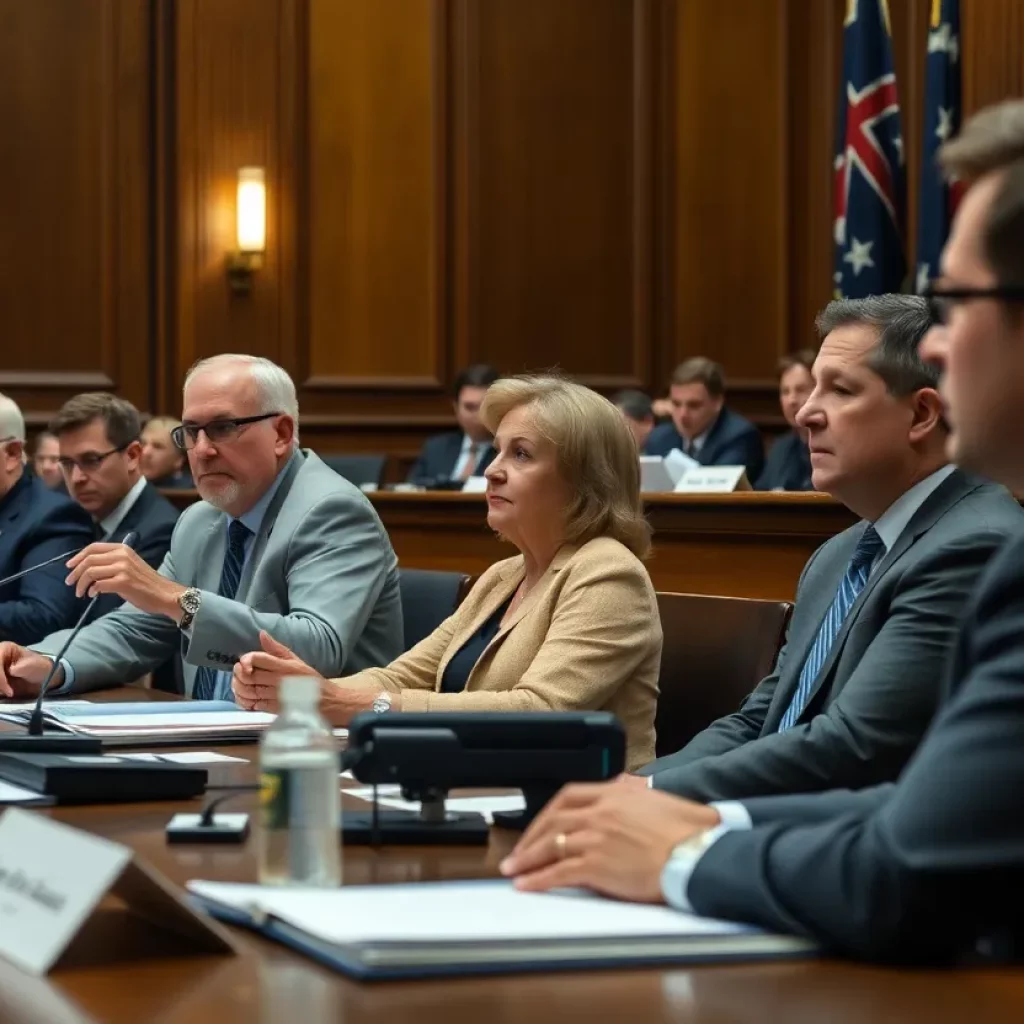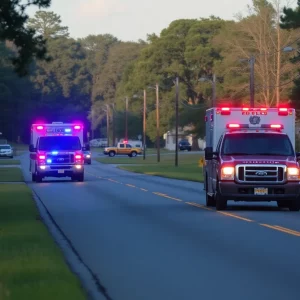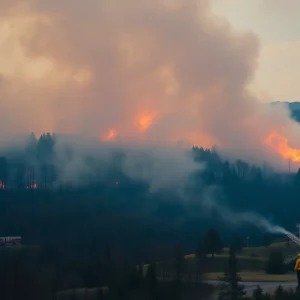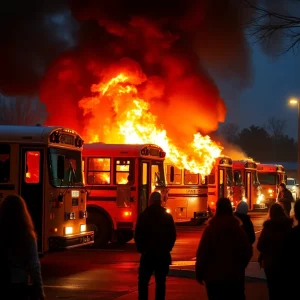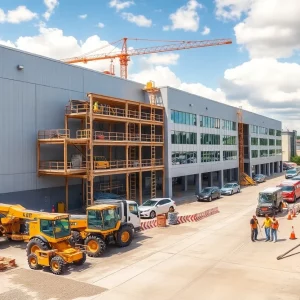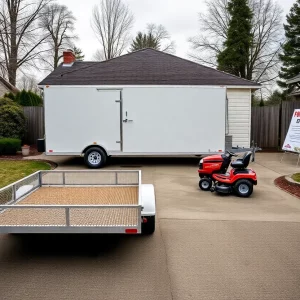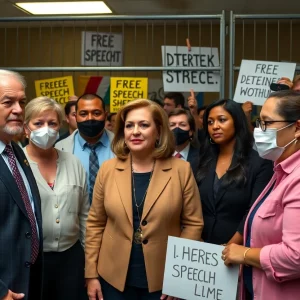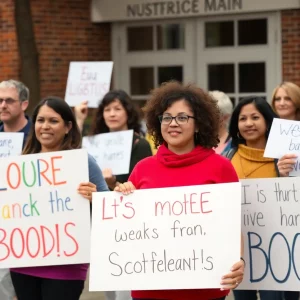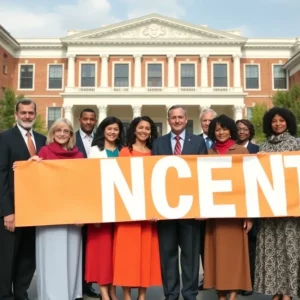News Summary
The Montana House has passed two critical measures regarding wrongful death and personal injury claims against BNSF Railway, igniting debates amid concerns over asbestos exposure in Libby. House Bill 803 raises evidentiary requirements for asbestos tort plaintiffs, with its supporters arguing it’s necessary to combat fraudulent claims. Critics contend it disproportionately affects Libby residents suffering from serious health issues linked to asbestos. BNSF’s role in the crisis and the legal implications they face are under scrutiny, challenging the future of asbestos claims in Montana.
BNSF Measures Spark Controversy in Montana Legislative Session
In a move that has ignited fierce debate across the state, the Montana House recently passed two critical measures affecting wrongful death and personal injury claims against BNSF Railway. This legislation comes at a time when the impacts of asbestos exposure in Montana, particularly in Libby, continue to resonate through the community and the courts.
House Bill 803 and Its Implications
House Bill 803, one of the key pieces of legislation, aims to raise the evidentiary requirements for asbestos tort plaintiffs. Proponents of the bill have drawn from national concerns about fraudulent asbestos claims, with references to a 2020 press release from the U.S. Department of Justice highlighting the risks of such fraudulent activity. The supporters argue that additional scrutiny is necessary to safeguard the judicial system.
However, the bill has faced significant backlash. Critics argue that the legislation disproportionately impacts Libby residents, many of whom have suffered devastating health consequences due to asbestos exposure from a vermiculite mining operation. This mining operation, owned by W.R. Grace from 1963 until its closure in 1990, has resulted in thousands of residents developing serious diseases such as mesothelioma.
The Connection to BNSF Railway
BNSF Railway’s role in the Libby asbestos crisis is contentious. The railway was responsible for transporting vermiculite from the contaminated mine to downtown Libby, thereby spreading asbestos fibers throughout the community. This legacy has led to ongoing legal battles, with Kalispell-based McGarvey Law representing about 400 lawsuits filed by Libby residents against the railway.
Legal Framework and Changes
Under HB 803, plaintiffs are now required to disclose any claims they may have with asbestos trusts, necessitating a comprehensive history of exposure that includes work history. Advocates for the bill, including its sponsor, maintain that these measures are crucial for reforming a system perceived as lenient towards questionable claims. Despite the supporters’ claims, many see these requirements as barriers designed to protect BNSF in light of ongoing litigation.
Several officials have criticized HB 803 for favoring large corporations while neglecting the needs of vulnerable victims. The bill, which passed by a narrow 51-48 margin, saw all Democratic representatives and several Republicans from Northwest Montana opposing it, illustrating the division within legislative ranks on this issue.
BNSF Under Legal Scrutiny
The legal ramifications for BNSF Railway are becoming increasingly serious. The company is appealing a recent jury verdict that ordered it to pay $8 million for its role in the deaths of two individuals, Thomas Wells and Joyce Walder, who were found to have contracted mesothelioma due to asbestos exposure linked to the railway’s actions. Each was awarded $4 million in compensatory damages by a federal jury, marking a significant moment in the fight for justice against BNSF.
This verdict followed a determination that BNSF was negligent, though the jury did not find sufficient grounds for punitive damages, stating a lack of intentional wrongdoing. The ruling represents a step toward accountability for a company entwined with one of the worst environmental disasters in U.S. history, as designated by the Environmental Protection Agency, which has deemed Libby a Superfund site.
The Aftermath and Community Impact
The impacts of the asbestos crisis in Libby continue to haunt the community, as the mining operations and subsequent railroad activities have left a legacy of health crises that will be felt for generations. Amidst ongoing litigation and legislative changes, many in Libby are left voicing concerns over their future, as bills like HB 803 threaten to complicate their pursuit of justice and compensation.
As the Senate Judiciary Committee prepares to hear further discussions on HB 803 following the legislative break, the fate of asbestos claims in Montana hangs in the balance, with community advocates calling for robust protections for those suffering from past injustices linked to BNSF Railway.
Deeper Dive: News & Info About This Topic
HERE Resources
The Ongoing Asbestos Crisis in Libby: Legal Battles Ahead
Additional Resources
- Asbestos.com: Federal Jury Says BNSF Railway Played a Part in Libby Deaths
- Wikipedia: Libby, Montana
- EPA: Libby Vermiculite Site
- BNSF Railway Official Site
- Google Search: BNSF asbestos lawsuit


